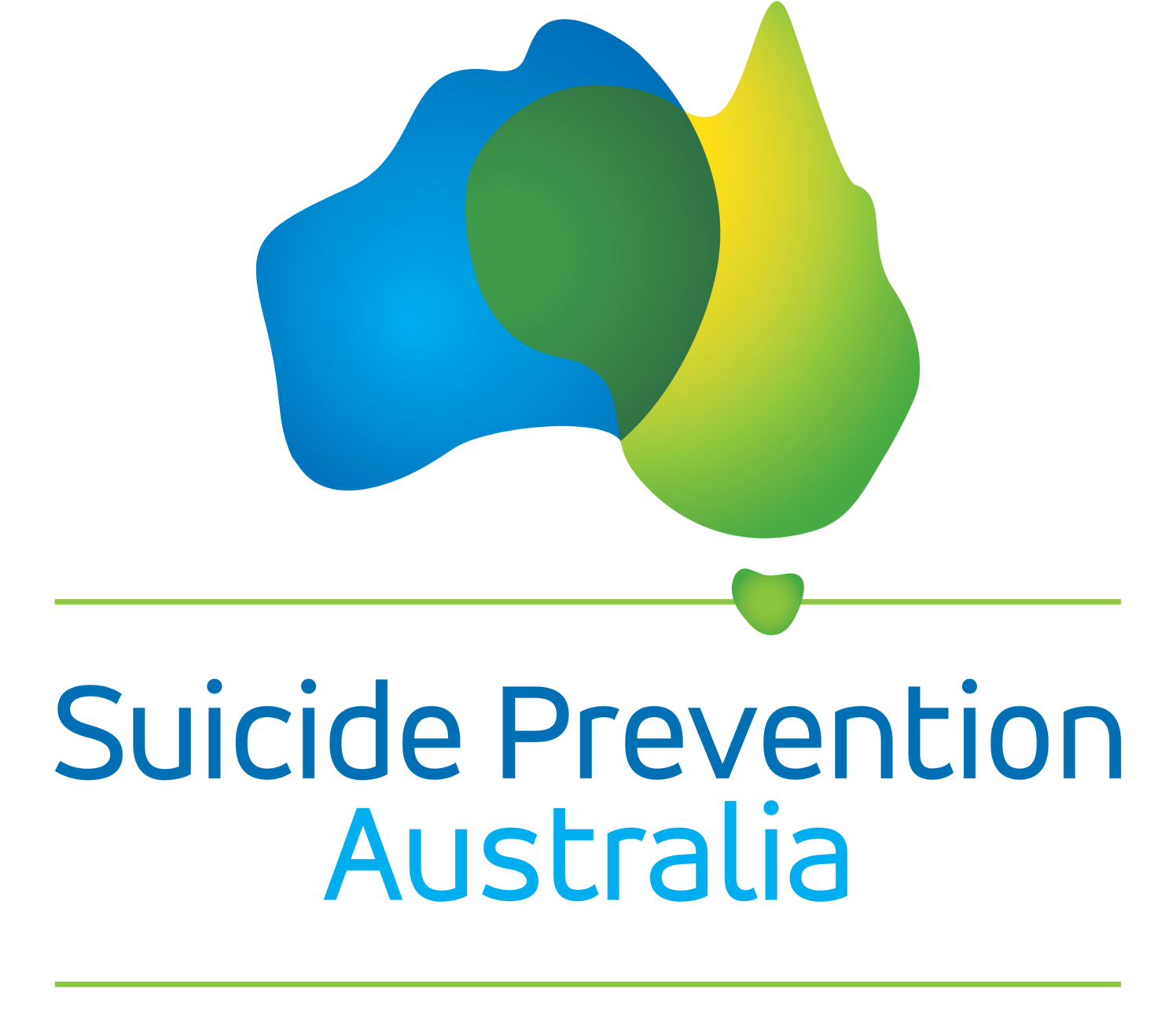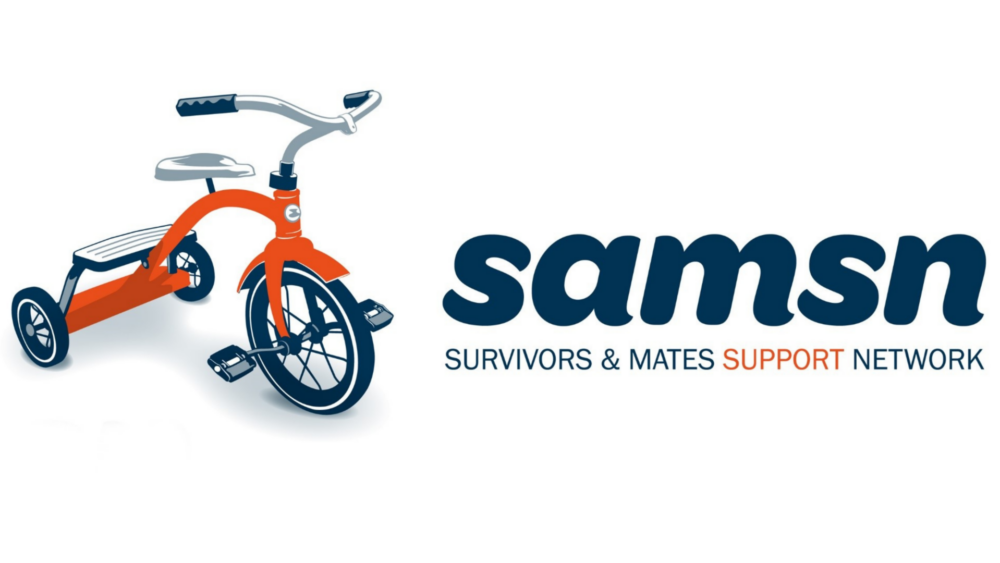The following insights feature is provided by Survivors & Mates Support Network and explores the CEO Craig Hughes-Cashmore’s lived experience of child sexual abuse and suicidal thoughts.
Please carefully consider your needs when reading information about Craig’s lived experience. If information in this insights feature raises any issues for you or if you need immediate assistance, please contact a support service https://www.suicidepreventionaust.org/find-help .
By Craig Hughes-Cashmore, MD/CEO of Survivors & Mates Support Network
For the past 10 years I have had the honour of working alongside my fellow survivors. What I have come to appreciate at depth, is the healing power of peer support in this space.
My experience was that after making my first attempt when I was 21, suicidal thoughts persisted for almost 20 years until I started to talk about my experience of child sexual abuse (CSA) with a trusted psychologist.
The dynamics of CSA often leave survivors with an overwhelming sense of isolation, no matter what their living and social circumstances. On an intellectual level, survivors know they’re not the only one to have experienced abuse but often say they struggled to truly believe it until they met another survivor. We know a significant proportion of survivors live with suicidality and are tragically, overrepresented in the statistics.
Shame, fear of being judged, and damaging myths about male survivors are the biggest barrier to telling anyone and help-seeking. We know that poor responses to disclosure have detrimental impacts and compound feelings of isolation and otherness. We also know that responses to disclosure that demonstrate belief, are thoughtful and compassionate lead to better outcomes and increased help-seeking.
We cannot expect survivors to come forward and talk if they feel invisible and have nowhere to go where they will be understood. Importantly, survivors don’t have to share everything in detail to heal and recover. Many men worry that they will be expected to relive the abuse once they have opened that can of worms but for many, not taking action to address this issue becomes more exhausting as they get older.
At SAMSN we believe male survivors of childhood sexual abuse can recover, support others to thrive and be leaders for change. Talking with a mate who can relate can normalise and validate the ways we have acted, thought, and coped. The identification that comes with peer support in our space is profound. Seeing men of all creeds and colour coming together, accepting each other, and moving from victim to survivor is awesome.
Sharing with another survivor, someone who really ‘gets it’, individually or in a group setting, is often the key to recovery for these men. To quote one guy who has had years of counselling, “Talking to other guys really turbocharged my recovery!”
I no longer think about suicide, thanks in no small part to the professionals and peers who have supported me. They have helped me to reconnect with the person I was destined to be before my life was derailed by the abuse.

